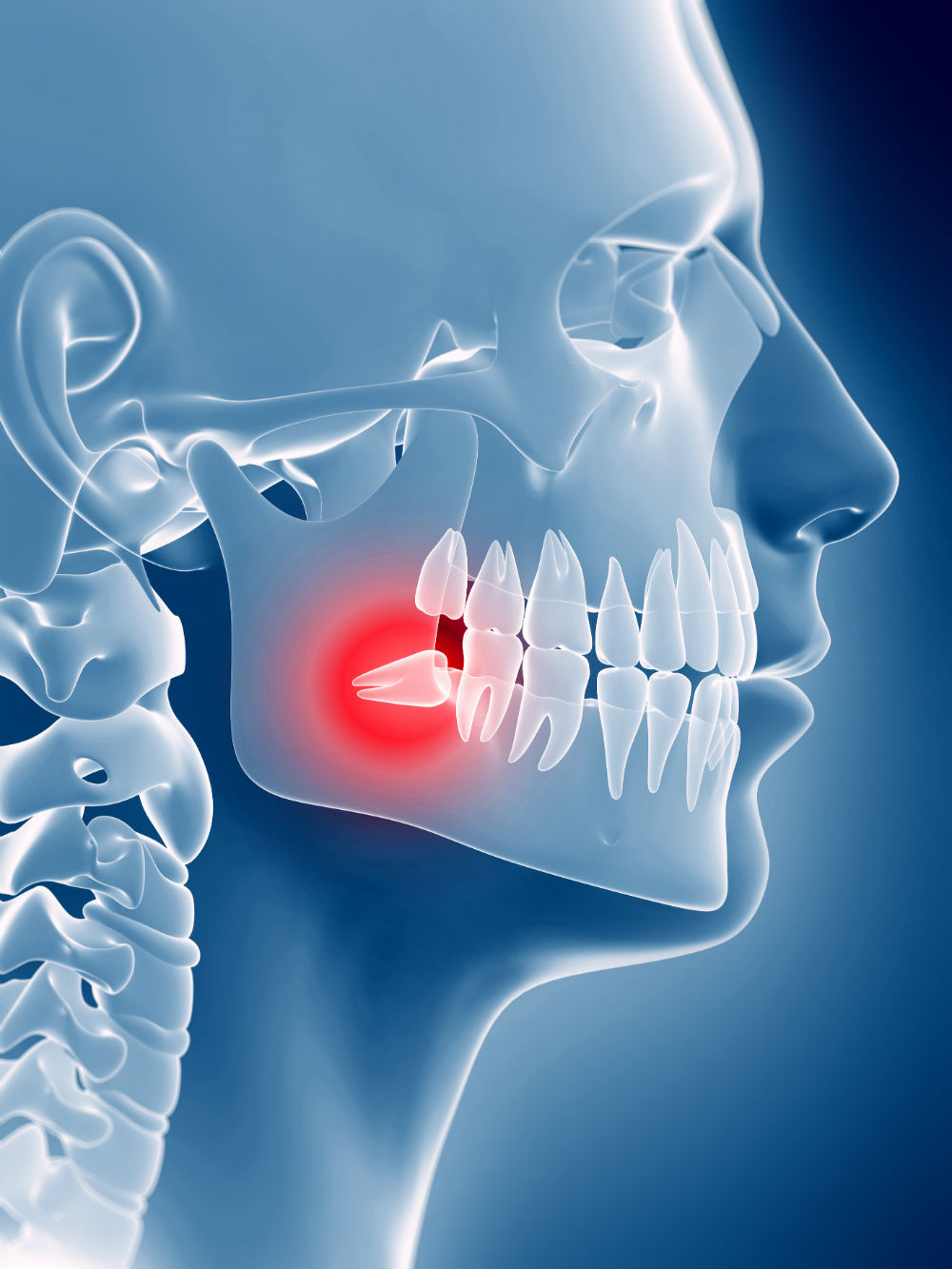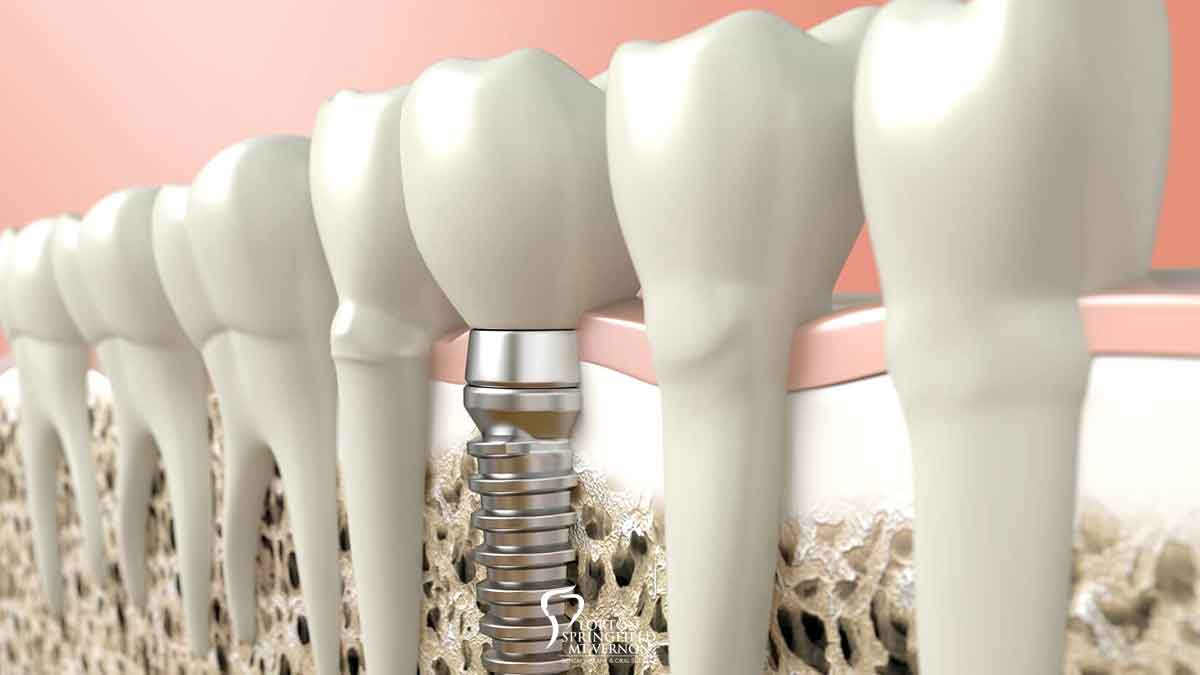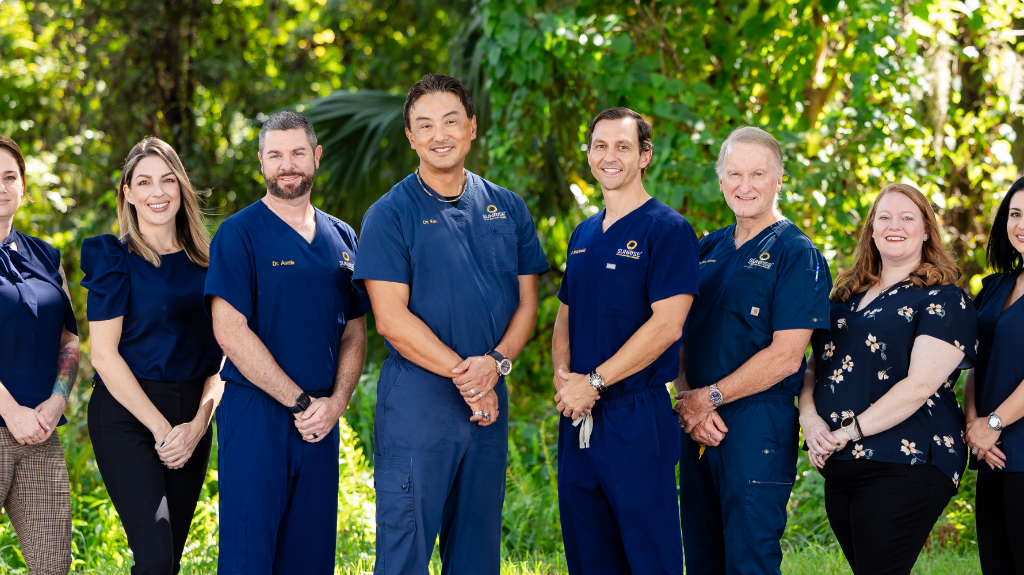
Temporomandibular joints (TMJ) are jaw joints responsible for opening and closing your jaws in response to commands from the brain. Your TMJ make it possible for you to eat, speak, sneeze, yawn, laugh, and a variety of other everyday functions. With one TMJ on each side of your jaw, these joints normally work together effortlessly to allow you to perform these functions.
How Can Problems With the Jaw Anatomy Cause TMJ Disorder?
Each joint in your jaw contains a disc that sits between the ball and socket. The disc normally cushions any discomfort you might feel when opening your jaw widely. You can easily rotate and glide your jaw when the disc works right. Any issues causing the disc, ligaments, muscles, and jaw bones, not to work properly can result in jaw pain and several other common symptoms of TMJ Disorder.
Symptoms:
- Hearing a clicking or popping sound when opening your mouth
- Pain and tenderness around your ears
- Headaches
- Your jaw muscles feel tender and fatigue easily
- Opening and closing your mouth becomes challenging
Our Melbourne and Rockledge practices understand that dealing with TMJ symptoms can be distressing. Because patients often have a lot of questions, we explore some of the most common inquiries about TMJ Disorder below.
What Causes TMJ Disorder to Develop?
Diagnosing TMJ Disorder can be difficult because it stems from so many causes. These are some of the most typical reasons that patients develop TMJ Disorder.
- Head or jaw injury
- Arthritis or another disease that affects joints and muscles
- Stress
- Grinding your teeth, which you may not be aware of because it happens as you sleep
If you recognize any symptoms of TMJ above, the first step towards feeling better is to schedule an appointment with Sunrise Facial and Oral Surgery. As top-rated providers offering TMJ diagnosis and treatment, dental implants, bone grafting, and other oral types of oral surgery in Brevard County, we always try the most conservative approach first before recommending oral surgery. We are here to help you feel better regardless of the treatment you need.
What are Some Treatment Options for TMJ Disorder?
The symptoms of TMJ Disorder may come and go over time. Our goal is management of symptoms since we understand they may return again in the future. After completing your initial exam, the oral and maxillofacial surgeon treating you will recommend some self-care tips you can try at home. Here are some typical examples of non-surgical treatment that may help:
- Taking ibuprofen or applying an ice pack to your sore jaw
- Changing your diet to include softer foods that should have less of an impact on your symptoms
- Engaging in meditation or other stress-relieving exercises to reduce conscious or unconscious jaw clenching
- Discontinue chewing gum
- Avoid opening your mouth wide whenever possible
While these simple treatments work for some patients, they are less effective for people who have significant TMJ pain or other symptoms they have had for a while. In that case, your oral and maxillofacial surgeon may write a prescription for stronger pain relief or create a customized mouthguard that you wear to bed each night. Performing specific exercises with your jaw muscles can also help to strengthen them.
The next course of action if few or any of the above recommendations bring relief, is for you to undergo oral surgery. During your procedure, our oral surgeon may attempt to reshape or adjust some of your teeth. You may also receive a referral for orthodontic treatment.
Don’t be surprised if the oral and maxillofacial surgeon discovers that you could benefit from dental implants while conducting your oral surgery. Sometimes patients have decayed, broken, or misaligned teeth that contribute to their TMJ symptoms. We will discuss our findings and present your treatment options if that appears to be the situation in your case.
Schedule an Exam with Dr. Schmid or Dr. Kim Today
Maybe you have had TMJ Disorder for a while and feel desperate for relief or you have just started to suspect the problem. We are happy to help in either case. Please contact Sunrise Facial and Oral Surgery today to request an initial appointment at our Melbourne or Rockledge locations.



